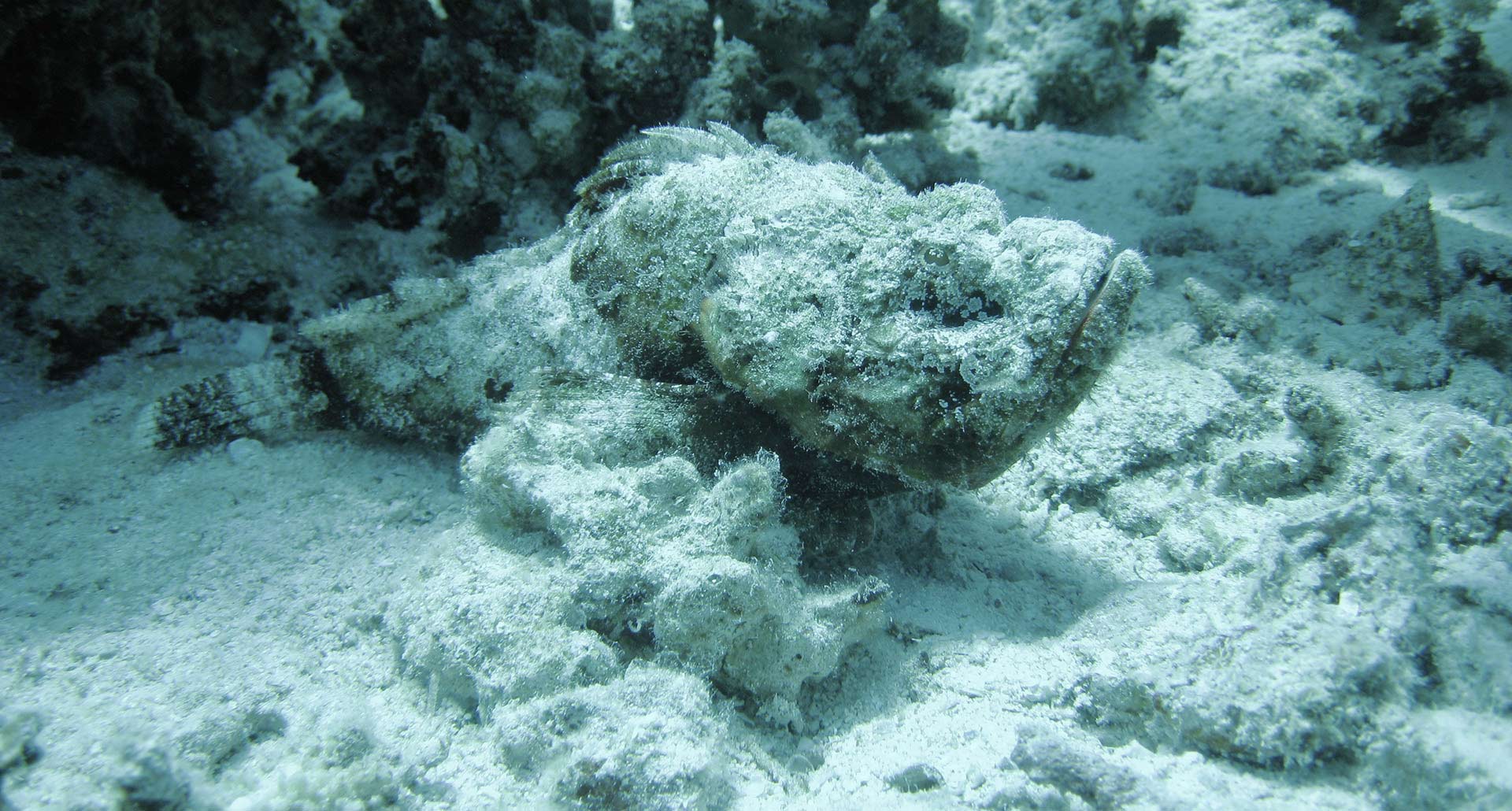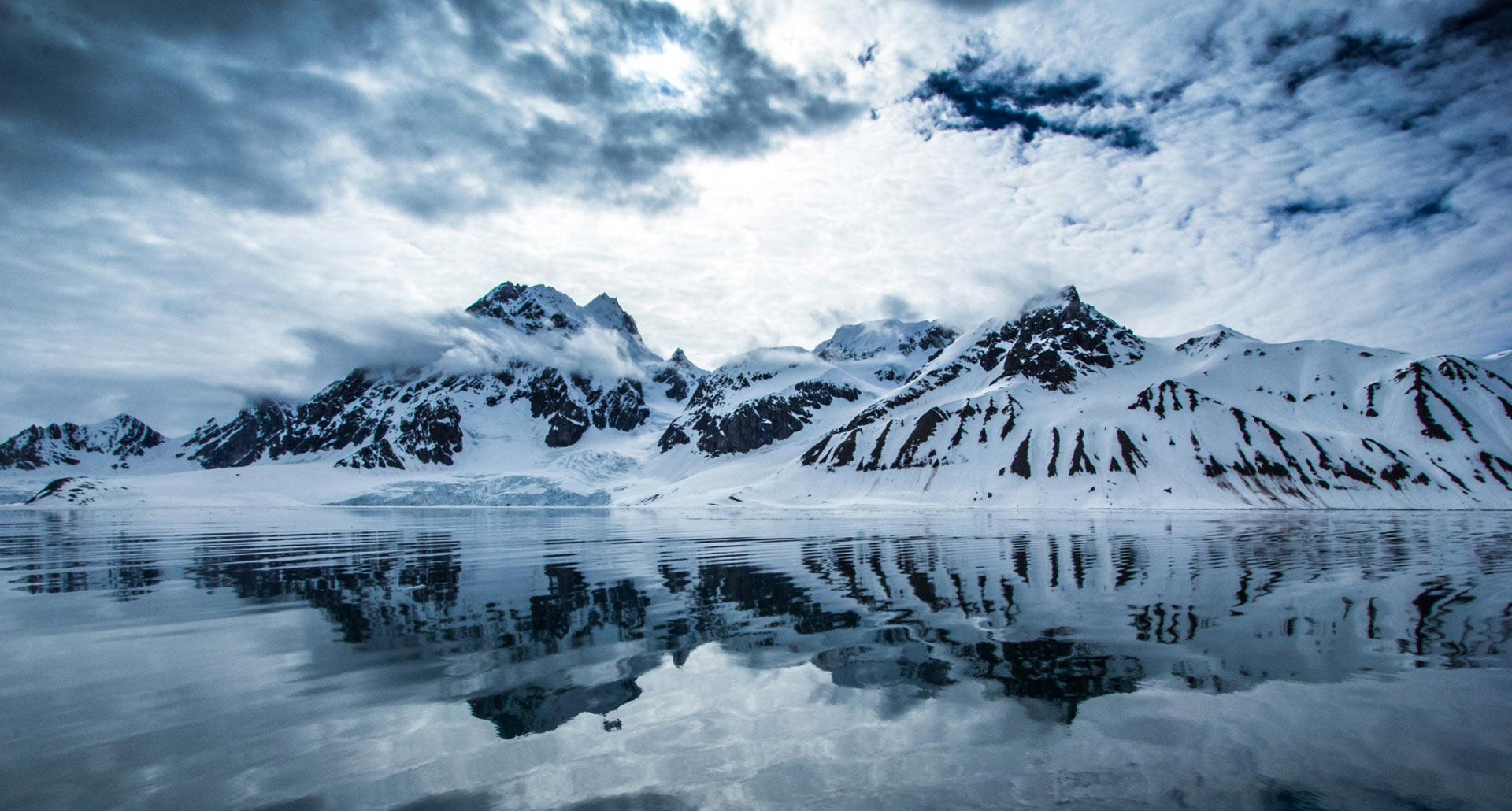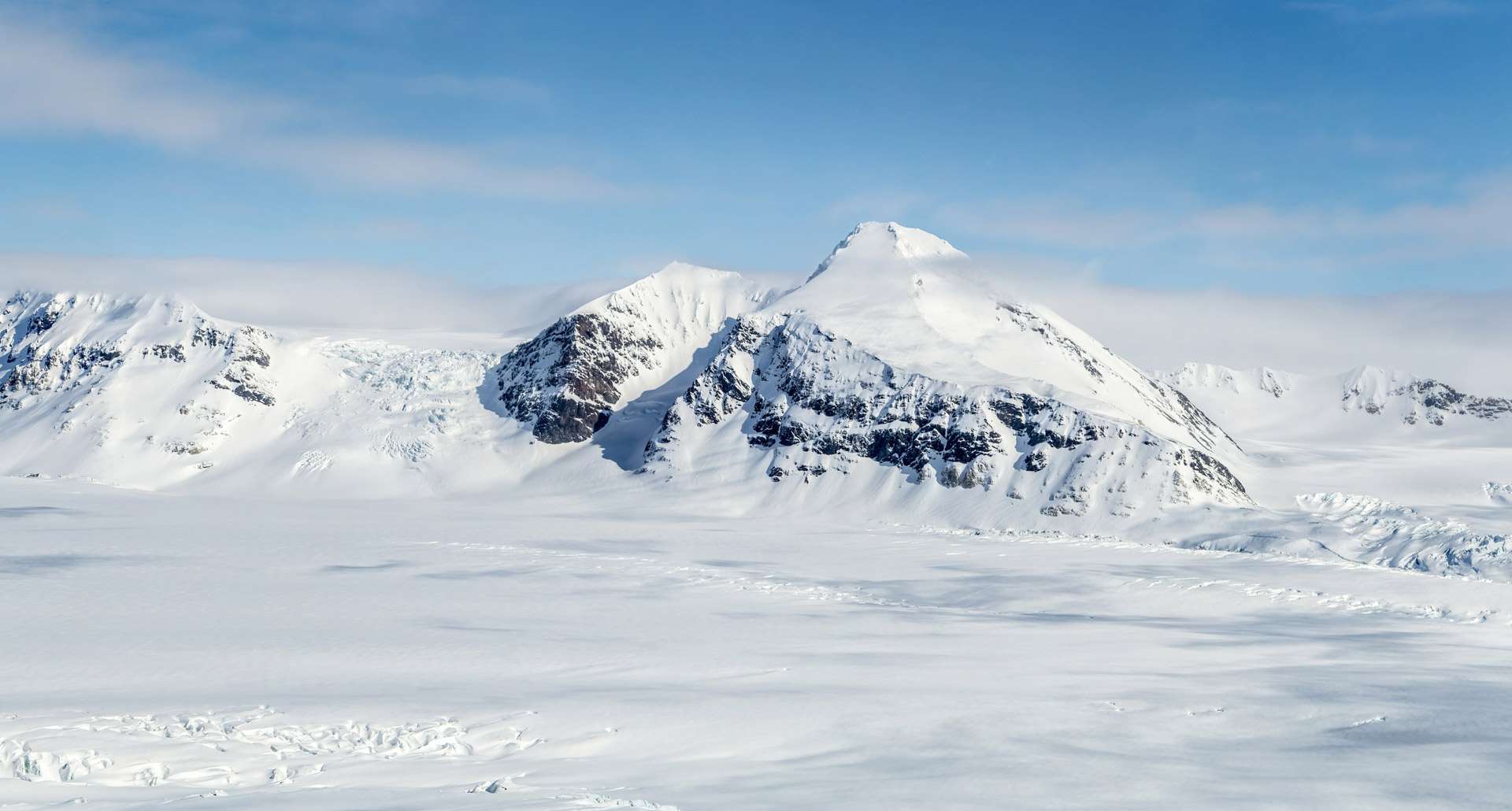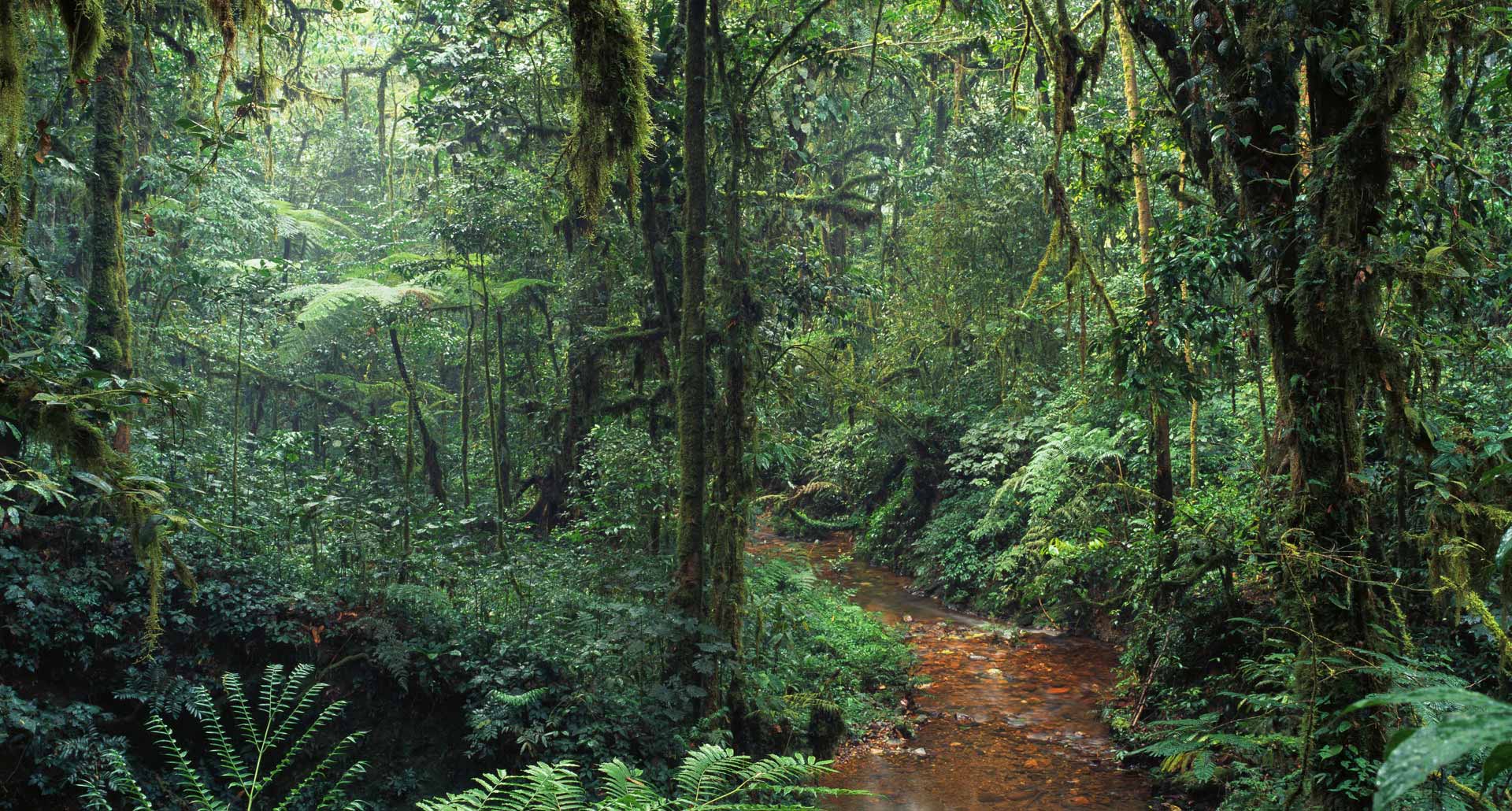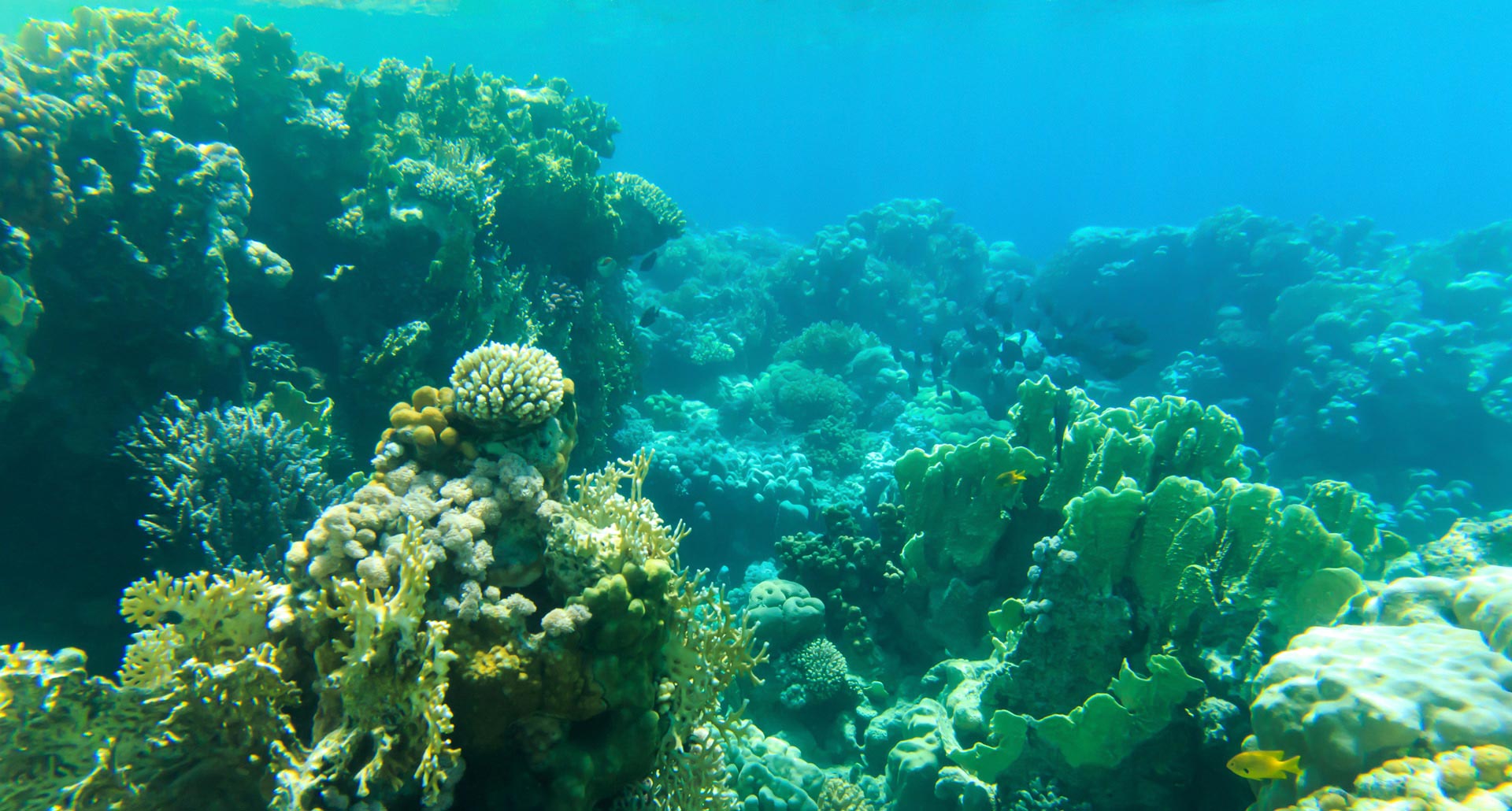Sergey Tishkov
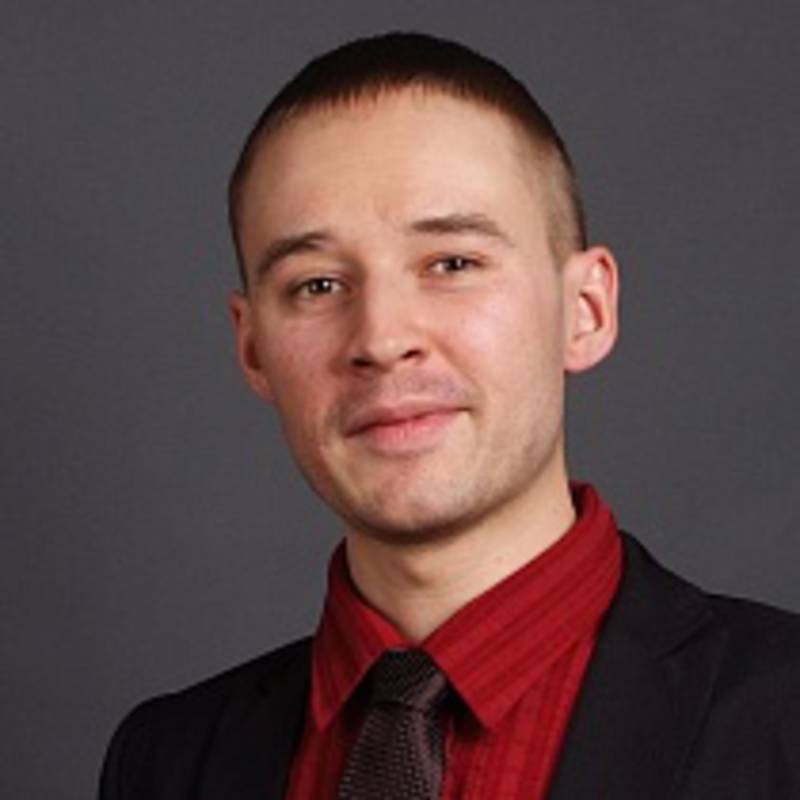
Assessor
Sergey Tishkov was born in 1985 in Kostomuksha (Republic of Karelia, Russia). In 2007 he graduated from the economic faculty of Petrozavodsk state University. In 2011, he received a Ph.D. in Economics from the Institute for regional economy problems Russian Academy of Sciences (St. Petersburg). His thesis focused on the formation of regional innovation system in the Northern border region. 2007-present scientific associate at the Institute of Economics of Karelian research centre of RAS within the framework of the research topics and projects: "Development of methods and models of forecasting of socio-ecological-economic development of regions taking into account the influence of innovation processes", "Development tools for studies of external influence on the development of regional socio-ecological-economic systems", "Modeling and forecasting of regional innovation and socio-ecological-economic processes", "Study of the factors determine the energy efficiency on the Russian economy". He is the co-author of two research monographs ("Innovation processes in the Republic of Karelia: analysis, modeling and control", 2009, "Investigation of the efficiency of the Russian economy: modeling and analysis", 2016), author over 80 papers in scholarly journals and trade magazines, three articles in the Encyclopedia of the Republic of Karelia. In 2016 he was elected Chairman of the Council of young scientists and specialists of the Institute of Economics of the Karelian research center of RAS. His research interests are wide ranging. They include: strategic management, regional economy, management of social-economic systems, the basics of entrepreneurial activities, innovation development.
Publications on website
Potential of development of renewable energy
12.01.2017
The fundamentals of modern world power are made warm also by hydroelectric power stations. At the same time their development restrains a number of factors: the cost of coal, oil and gas grows, natural resources of these types of fuel are reduced. Besides, many countries have no own fuel and hydroenergy resources or lack them.




